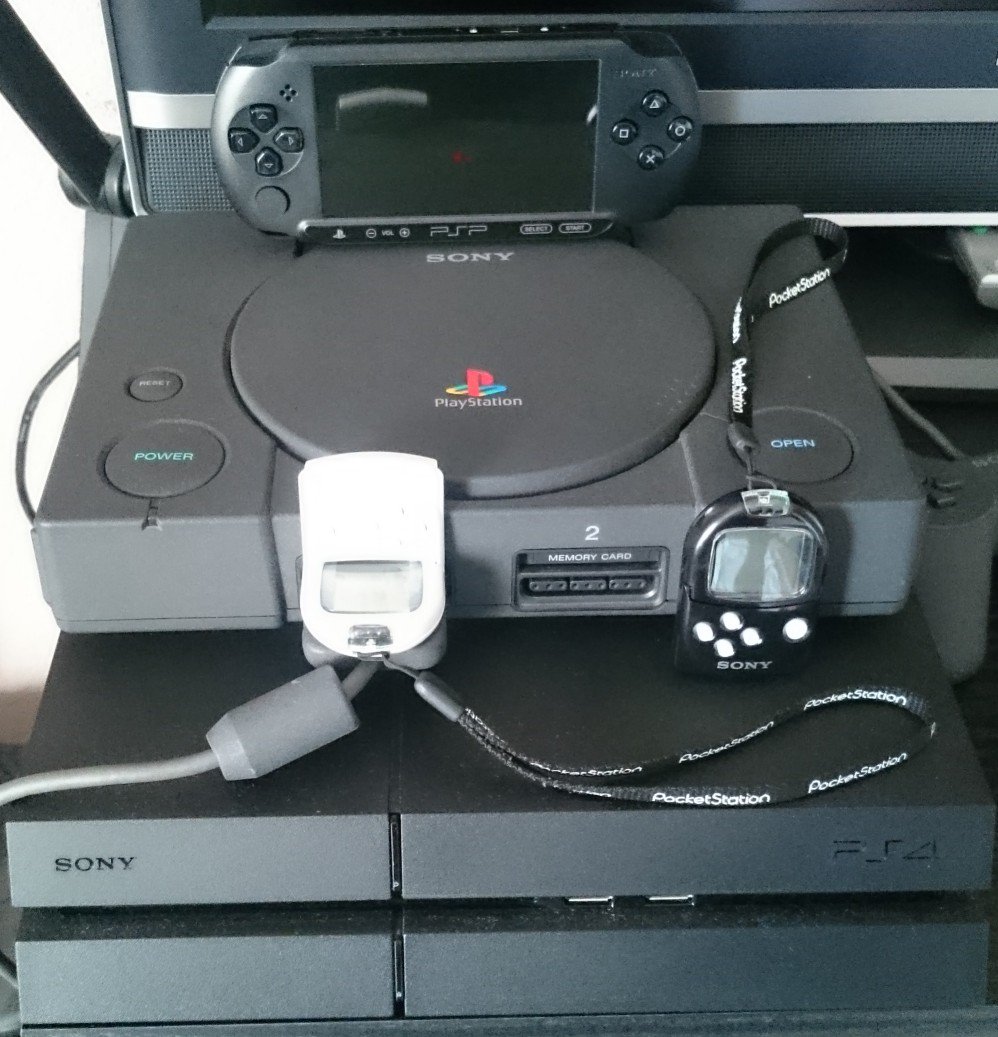Toolchain archives for Windows and other host platforms can be downloaded here.
I've also included versions of the toolchain precompiled for the following hosts:
- linux-amd64
- linux-i686
- linux-arm (RPi)
- freebsd-amd64
You'll also need a little tool called elf2x for converting ELF files into a PS-EXE as well as instructions on specifying a program text load address to your executable.
Keep in mind that this download includes the toolchain only and does not include any libraries for doing anything with the PlayStation. You'll either have to get those elsewhere (such as PSXSDK) or write your own libraries
If you wish to compile the toolchain yourself, use the following parameters:
Code: Select all
For Binutils (always compile and install first):
../binutils-2.29.1/configure --disable-nls --prefix=/usr/local/mipsel-unknown-elf --target=mipsel-unknown-elf --with-float=soft
Then install with [b]make install-strip[/b]
For GCC:
../gcc-7.2.0/configure --disable-nls --disable-libada --disable-libssp --disable-libquadmath --disable-libstdc++-v3 --disable-static --target=mipsel-unknown-elf --prefix=/usr/local/mipsel-unknown-elf --with-float=soft --enable-languages=c,c++ --with-gnu-as --with-gnu-ld
Then install with [b]make install-strip[/b]
When compiling for Windows add a --enable-win32-registry=mips-gcc option for both GCC and Binutils. It will configure perfectly fine without it however. You'll also need to add --disable-libgcc because for whatever reason it appears to be impossible to compile libgcc under Windows even with cygwin64 or msys2 so I've included libgcc in precompiled form in the toolchain downloads. You only need to download the libgcc libraries only for the win32 version, the other versions already have it included.
Update: Replaced toolchain download with a link to a Mediafire folder that conains the precompiled toolchain for win32 and various hosts.








 , "PlayStation",
, "PlayStation",  ,
,  , "DUALSHOCK", "Net Yaroze" and "PSone" are registered trademarks of Sony Computer Entertainment Inc.
, "DUALSHOCK", "Net Yaroze" and "PSone" are registered trademarks of Sony Computer Entertainment Inc.  .
.